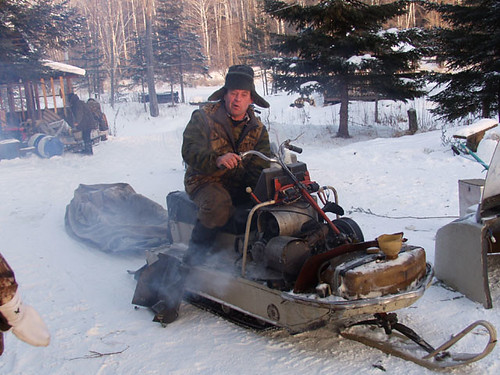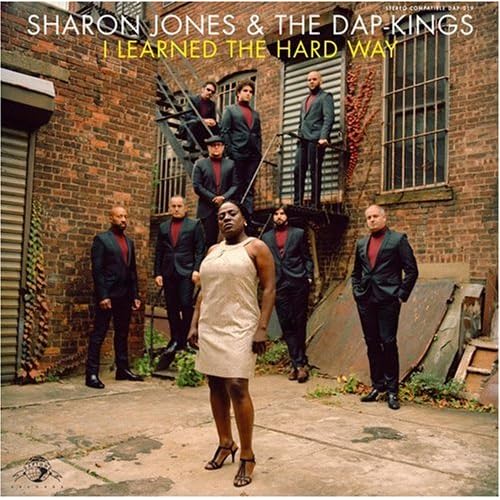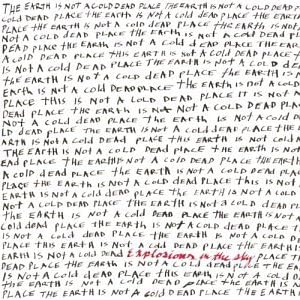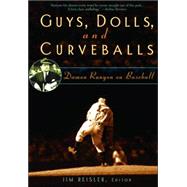Tuesday, September 06, 2005
Meditation on Wood
 Among the pack of books lying on and around my bedside bookcase is a book of short stories or memories by Josip Novakovich. A Croatian, he immigrated to the USA when he was 20. He studied medicine in Novi Sad (present day Serbia), theology at Yale University, and literature at the University of Texas, Austin. With this winding road of education, he has a complete and studied picture of the human condition. You can’t pull a fast one on him. He has taught at Bard College, Moorhead State University, Antioch University in L.A., and the University of Cincinnati. He is currently teaching (well at least as of 2003) at Penn State U. at College Park, PA. Here’s a (very) short story from Mr.Novakovich’s, "Plum Brandy – Croatian Journeys".
Among the pack of books lying on and around my bedside bookcase is a book of short stories or memories by Josip Novakovich. A Croatian, he immigrated to the USA when he was 20. He studied medicine in Novi Sad (present day Serbia), theology at Yale University, and literature at the University of Texas, Austin. With this winding road of education, he has a complete and studied picture of the human condition. You can’t pull a fast one on him. He has taught at Bard College, Moorhead State University, Antioch University in L.A., and the University of Cincinnati. He is currently teaching (well at least as of 2003) at Penn State U. at College Park, PA. Here’s a (very) short story from Mr.Novakovich’s, "Plum Brandy – Croatian Journeys".“A Meditation on Wood
We came out of wood. Everybody in the family, for generations, lived off wood. My great-grandfather also died from wood. A falling tree killed him when his son was three years old, and his son, when he was ten, took on the trade of chair-making, and passed it on to my father, who preferred making wooden clogs. My father’s brother was a woodcutter. Peasants brought tree trunks into our yard, my uncle cut the logs into pieces as long as his forearm, and Father sawed them further down into orange cubes on his circular saw. Then Father drew with a lead pen profiles of clog soles, spitting to give the pen a more ink-like flow. He sawed along these purple lines, and then rasped the sole’s indentations into the wood, making the elevation for the arches of the absent feet. For that he had wood-handled knives, and later, iron rasps with thousands of little teeth, like little hedgehogs, that rotated on an axle.
When Father’s saw broke down, I carried it to Novotny. Depending on how you bent the saw, it sang, and you could play plainitive music on it with the voices of thousands of slain trees if you weren’t afraid of the sharp, jagged teeth. Novotny, a soft-spoken old man whose face I can’t remember, welded the saw together with purple flames.
Sawdust spouted out of Father’s workshop through a tube into the back of the shop, and the rest I carried in baskets and dumped around the walnut tree. The soil crumbled into dust, and the wood into sawdust that grew yellow and red and rotted into the earth.
Father’s hair was full of sawdust. His cap was sawdusty. Our cat’s fur shed not dandruff but sawdust. My nose was full of sawdust. My father’s ears and brows were frosty from sawdust. When he was too tired to lift his arms, he dipped dry bread into milk and spooned honey which came from wooden hives in our garden.
In good weather we sat in the yard on tree stumps. I counted winters and summers in the cracking circles, as well as the dark years of good rainfalls and the light years of sunshine. From the dark orange centers, rays spread on all sides, cracking into the wood.
Mother chopped chicken and goose necks with a short axe over the stumps, and we ate. The blood soaked the stump, the water washed most of the blood away, the sun dried whatever remained, and the blood that built my bones and that gave me breath also entered the grains of wood and suffused it with the scent of salt.
The world long ago entered the age of plastic, alloys, and gasoline, but we still lived mostly in the age of wood, knifing and sawing through wood as though trying to cut a way out of it. We kept ourselves warm on wood form the discarded edges of the cut soles. The wood that our father deemed not clog-worthy burned in our furnace. Even the sawdust burned in his furnace, giving a slow heat that burned with a smokey hiss.
I don’t live off wood anymore. None of my siblings work in wood. We don’t cut trees, we aren’t frosted over in sawdust, and we don’t stay in the same region of Western Slavonia as our ancestors did for generations, living off wood, rooted with the wood into that hilly root-held soil.
Life appears-sifted through my memory like light through the leaves of a deciduous forest- to have been more elemental, less synthetic, than now, although my memory may be lying to me, spinning an illusion of fall colors. I imagine that if we had been Greek philosophers, we would have surmised that wood contained the substance of the world completely. Not that wood would deny fire, water, earth, and air. On the contrary, it would create them: exude mists into the indigo dawn, spit out orange fire tongues, and breathe out dank, invisible, yet green air. And when it fell to the ground, with droves of ants and maggots, the wood would open up its entrails of soil. The universe could have come out of a tree seed, growing, magnifying, and sprouting everything of its darkness.
But as it was, we were not philosophers but followers of a religion of wood. Jesus’ father was a carpenter, and Jesus was trained as a carpenter and was later nailed on a wooden cross, partly because he had not remained a carpenter. Maybe that’s the Gospel of Wood; whomever leaves the ways of the wood shall be nailed and hammered.”
Mr. Novakovich writes that he doesn’t “live off wood anymore”. I would disagree. Like his father, who progressed from his father’s chair-making to clog-carving, Mr. Novakovich progressed from clogs to words. Evidence of these words can be seen in his books, just another transformation of wood, this time to paper.
There’s more of this in “Plum Brandy” and his other books, "Yolk", "Apricots from Chernobyl", and his multi-awarded book, "Salvation and Other Disasters".
Comments:
<< Home Verging on Pertinence Just some more disposable thoughts clogging up the hinterlands
A wonderful introduction to a new (to me) writer. His sensibility brings to mind the impiousness(?) of Josef Skvorecky, but also evokes the reverent observations of Milosz. Mr. Novakovich's name has been added to my list of "must reads".
Post a Comment
<< Home Verging on Pertinence Just some more disposable thoughts clogging up the hinterlands

















